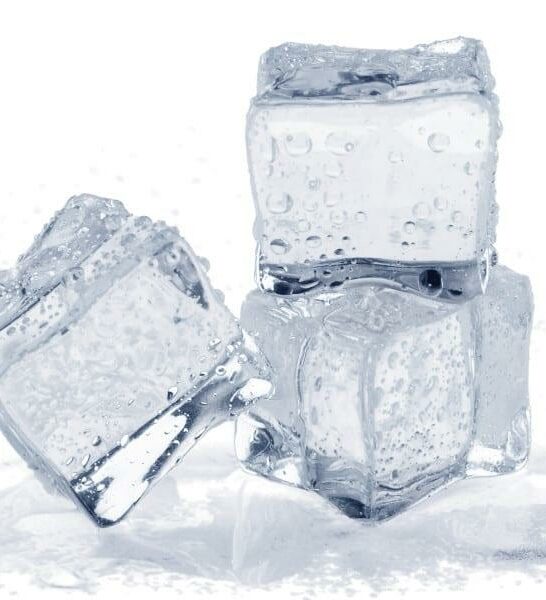Does Freezing Water Kill Bacteria? “I am thirsty, I need some freezing water” is a joint statement that we all make, especially during the summer period.
The frozen water tends to quench thirst faster and leave us feeling great. However, we should ask ourselves how safe the chilled water is and if it possesses any form of bacteria.
Does Freezing Water Kill Bacteria?
Freezing water has the ability to kill bacteria, however, this is not always the case. Freezing water, in most instances, only makes the bacteria dormant, hence stopping it from reproducing and multiplying for as long as it remains in that frozen state, but rarely destroys the bacteria. We should always keep in mind that the moment the icy water comes back to average temperature, the bacteria will become active and instantly activate its multiplication.
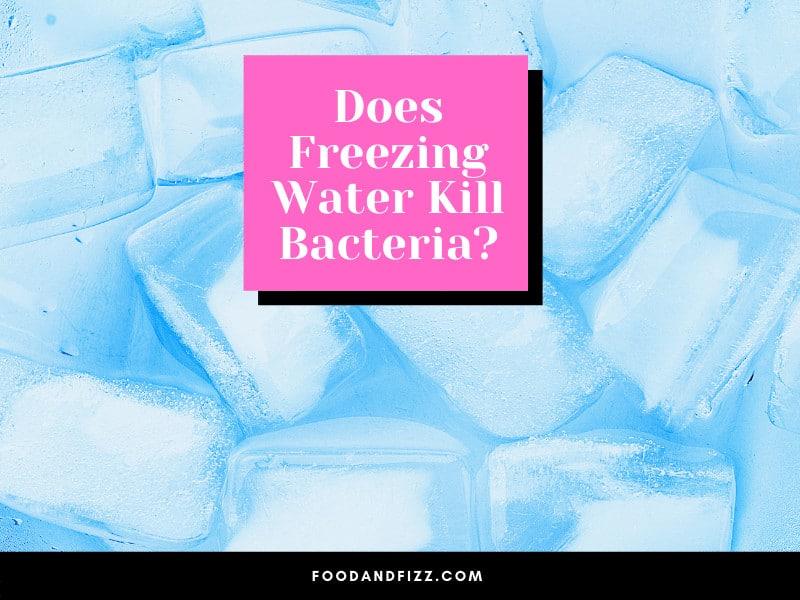
Does freezing water equate to sanitizing it, making it safe for consumption? Is freezing water a recommended method of water purification? This article will discuss freezing water and its efficacy in killing bacteria.
How Does Freezing Water Kill Bacteria?
Traditionally, boiling water was considered the only means of safely purifying contaminated water; however, technology has advanced, and various methods like aqua tabs and distillation have come on board.
Can freezing water pass as one of the advanced methods of purifying water? Does it kill bacteria?
As we have discussed earlier, freezing water rarely kills bacteria. Freezing water makes the bacteria remain in a dormant state, meaning that the bacteria will remain alive in that frozen state; they will not reproduce.
However, when it is brought back to average temperature, it becomes active as if induced with a catalyst, and it instantly starts multiplying, making it dangerous for consumption.
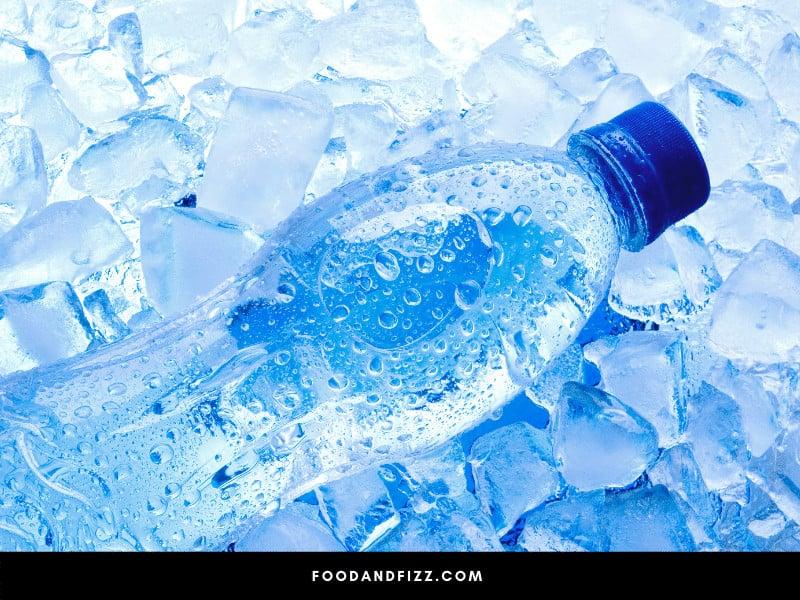
When we freeze water, we only damage the living cells. Water expands when put in a frozen state, as the ice crystals destroy the cell walls.
The said expansion can only manage to kill some fraction of the bacteria, and it also has the capability of stopping the bacteria from multiplying.
However, we should also remember that bacteria have surviving tactics. It can survive under extreme temperatures and waits for the frozen state to come back to room temperature for it to start reproducing.
What Happens to Bacteria When Water is Frozen?
Freezing water temporarily makes the bacteria dormant. It stops the bacteria from reproducing; thus, the number of bacteria will be minimal for as long as it remains in that frozen state.
The danger creeps in when the chilled water is brought back to room temperature, as the bacteria will be made active again, and the reproduction and multiplication will be in full gear.
As stated earlier, freezing water can only damage the living cells but will rarely kill the bacteria. Only a tiny number of bacteria can be destroyed when frozen at a certain temperature for a specific time.
How Bacteria Survives in Freezing Water
We are highly advised to freeze our water in low temperatures as this can kill some bacteria, no matter how small the number of bacteria is.
Under low temperatures, the bacteria tend to switch to a very dormant state that we can end up assuming that they are dead, which is never the case.
Like the chipmunks during winter, bacteria hibernate when put in a frozen state. They become dormant and stop any active activity until it is put back to room temperature.
They show their true colors by starting to reproduce and multiply immediately.
Bacteria can survive in an extreme frozen state for a long time as it waits for a favorable temperature to be active again.
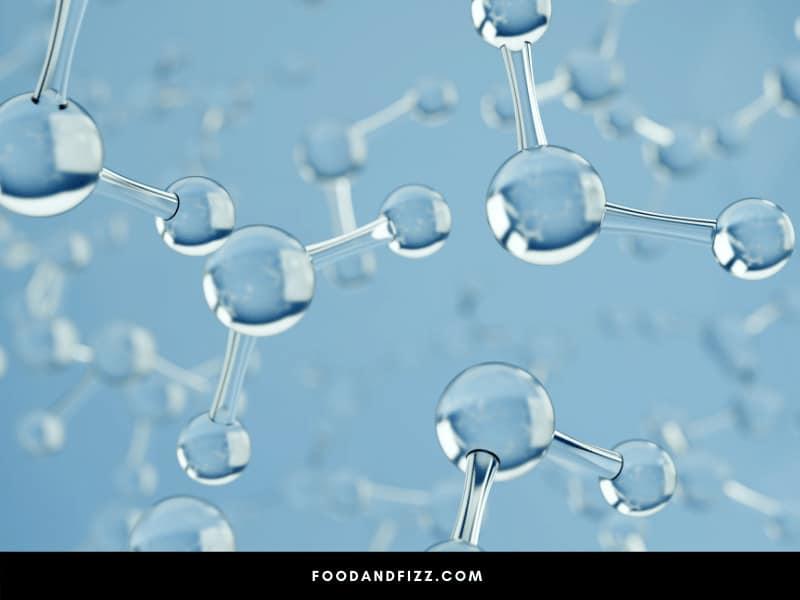
What Temperature can Kill the Bacteria in Freezing Water?
The World Health Organization (WHO) believes that freezing water can kill bacteria at temperatures that are above 149 degrees Fahrenheit, a temperature below that of traditional boiling water.
Caution should, however, be taken as some bacteria are hard to kill and can easily survive even in freezing water.
Dangers of Bacteria in Water
Bacteria contaminate water and contaminated water is dangerous to the body as it contains pathogens that can even lead to death if not adequately treated in good time.
The following are some dangerous effects of bacteria-infested drinking water:
- Diarrhea and typhoid
- Fever
- Death
- Fatigue
- Headaches
- Vomiting and nausea
- Weakened immune system
Effective Ways of Killing Bacteria in Water
As we have seen, freezing water is not an effective way of killing bacteria. Freezing water does not have what it takes to kill the bacteria that can cause great harm to our health.
There are other tried, tested, and approved methods of destroying and killing the bacteria. Below are some methods:
1. Boiling
We consider boiling the safest way of purifying water, and traditionally, we use boiled water in almost every household.
We should, however, prioritize hygiene when dealing with this method as germs can easily penetrate the boiled water. Allow the water to cool before drinking.
At least we get burnt. If the water looks cloudy, sieve it using a clean kitchen cloth.

2. Treating
Water is mainly treated using chlorine. Chlorine can purify contaminated water and make it safe for consumption.
Most municipal water suppliers rely entirely on chlorine to treat water as it is the cheapest means since they have to supply it to many households.
3. Exposing the water to UV lights
UV radiation kills bacteria in water when the water is exposed to the radiation.
4. Use a Water Purification Filters
Filters help to kill bacteria that might be rooming in the water. In most instances, we should boil the water, cool it, and filter it for better results.
5. Use Bottled Water
When we use bottled water, our health is guaranteed as the water is usually treated before they start selling them. It is appropriately purified and approved by different government agencies.
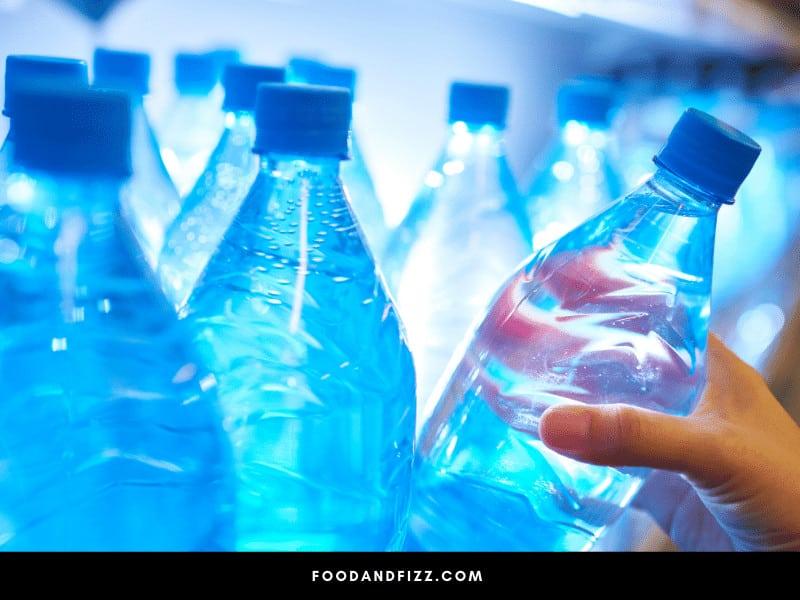
Conclusion to Does Freezing Water Kill Bacteria?
As seen in our above discussions, freezing water does not kill bacteria, but puts them in a dormant state.
Bacteria can comfortably thrive at 40 to 140 degrees Fahrenheit. Therefore, we should be more cautious when partaking in the ever-quenching frozen water, especially during the summer.
Contaminated water, as we know, is the genesis of lots of illnesses like cholera and diarrhea.
We should thrive to protect ourselves from diseases that can be prevented as our health, as commonly said, is our wealth. We should therefore be careful about anything that we consume.
If what we want is freezing water without it being infested with bacteria, then we can use one of the methods stated above to purify the water, and then we can go ahead and freeze it for consumption.
Frequently Asked Questions to Does Freezing Water Kill Bacteria?
Can we kill bacteria in water by freezing it?
Bacteria in water can not be killed by freezing it. It only becomes doormant and does not reproduce itself.
Is freezing water an effective way of killing bacteria?
I would strongly advise you against using it as a means of killing bacteria.
At what temperature should we freeze water to kill bacteria?
We ought to freeze the water at 149 degrees Fahrenheit in order to destroy some bacteria.
What happens to bacteria when water is frozen?
During prolonged exposure to freezing conditions, some bacteria (mostly larger parasites) can be killed by the impact of ice crystals breaking their cell walls. However, other bacteria can resist prolonged exposure to freezing temperatures.

